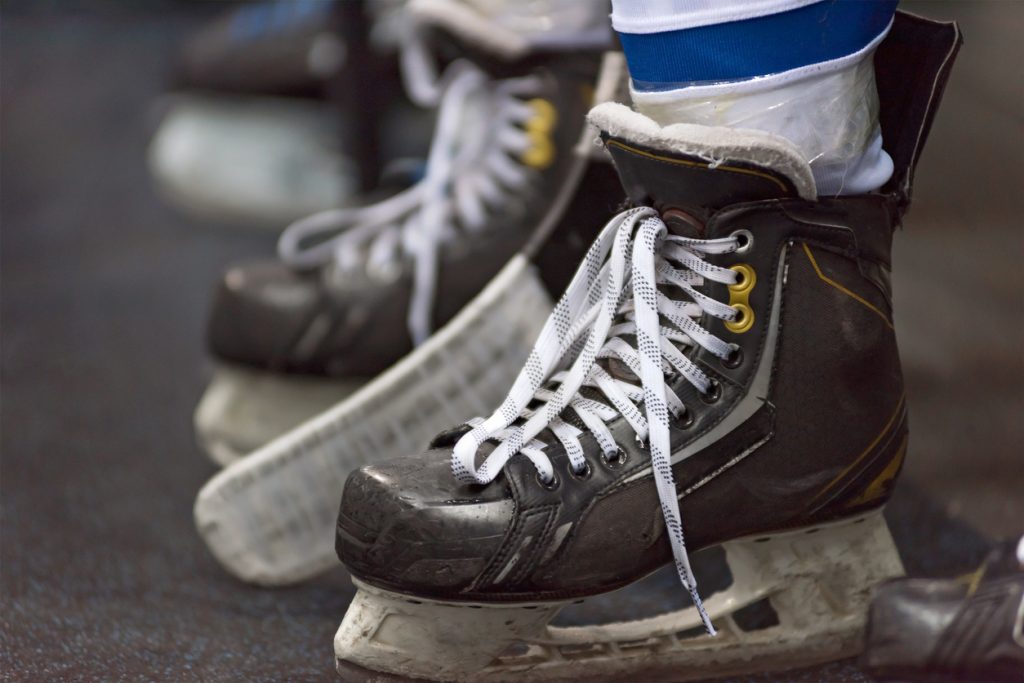How To Teach Kids Good Sportsmanship

I didn’t play sports growing up. Organized sports were a luxury we couldn’t afford. The most athletic activity I took part in was baton and aside from a very large, green, fluffy hat, an obscenely short skirt, and the ability to duck superfast…I didn’t really get a lot out of it.
So, it was all new to me when my son started hockey at the ripe old age of seven and after the game the teams lined up on the ice facing each other, and walked through the line fist bumping and/or high fiving while saying “good game” in monotone voices.
Good game.
Slap.
Good game.
Fist bump.
Good game.
In my mind I wondered why the coaches made them partake in this after-game ritual. None of the kids seemed particularly enthused about the whole process.
Fast forward a few years and life decided to dip into the irony bin of manure and throw it smack dab in my face to teach me why.
I have always instilled in my boys two lessons when it comes to sports:
- They don’t have to be the best, they just have to try their best.
- How to lose graciously.
But, it seems, somewhere along the line I forgot to also teach them good sportsmanship like how to win graciously which I realized after my son won a rainy day game of Monopoly and promptly jumped up and down while calling the rest of the family losers (in a good-natured way).
In all fairness, whenever I beat him at UNO, I would stand up and sing “I am the winner, you are the loser.”
I may have also included dance moves.
I’m kidding.
(No, I’m not.)
The moral of the story is, I spent all of this time teaching my children how to deal with disappointment and face loss with a strength of character that would allow them to congratulate the winner in a genuine way, but winning with the same strength of character needed some work, thanks to me being a complete moron.
It was time for me to step up to the plate and teach them good sportsmanship. Here’s what I did:
Ways to Teach Kids Good Sportsmanship
Expose Them Early
Start playing games where there are winners and losers at an early age. Board games, sports, bowling, even friendly competitions among family members. Winning and losing graciously is a learned behaviour and it takes practice.
Model the Behaviour
Gone were my trash-talking board game ways until they were old enough to realize I was doing it in jest and that I would never do that in the real world. Model good sportsmanship in both winning and losing. This includes praising other children’s performances and wins.
The High Fives After the Game Are a Good Idea
Encourage your kids to cheer on teammates, and to congratulate the other child or team who won. The more they practice, the easier it is to do.
Correct Bad Behaviour
If you see your kid bragging about how awesome he is because he won, talk to him about it. Ask questions like, “How would you feel if someone else won and was saying the same thing?”
Focus On the Effort
Last but not least, as a parent, focus on the effort your child puts into the sport or activity and not on the wins or losses. Those hours of practice and hard work are what helped get him to this point, and that’s worth cheering about.














